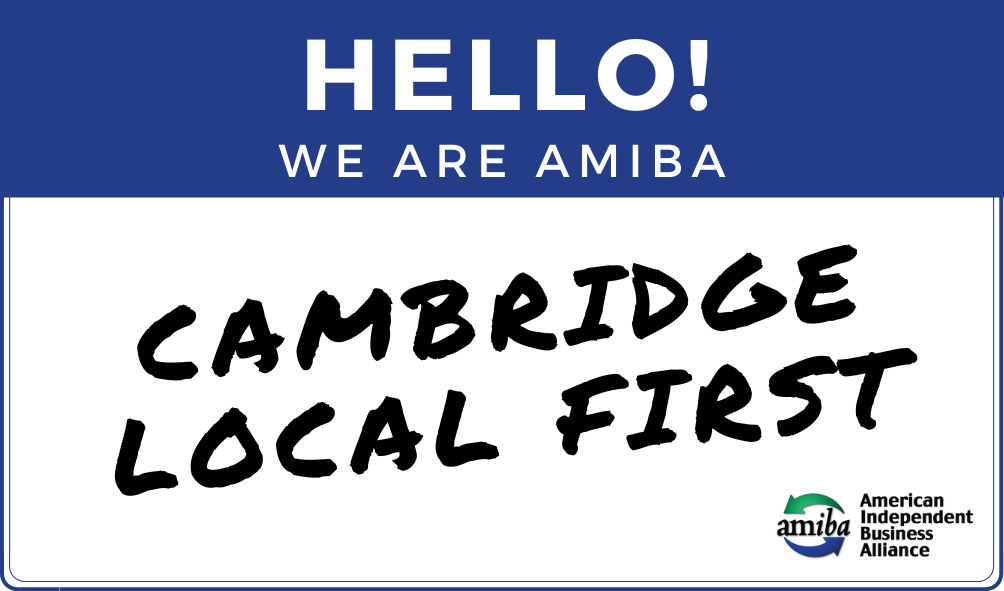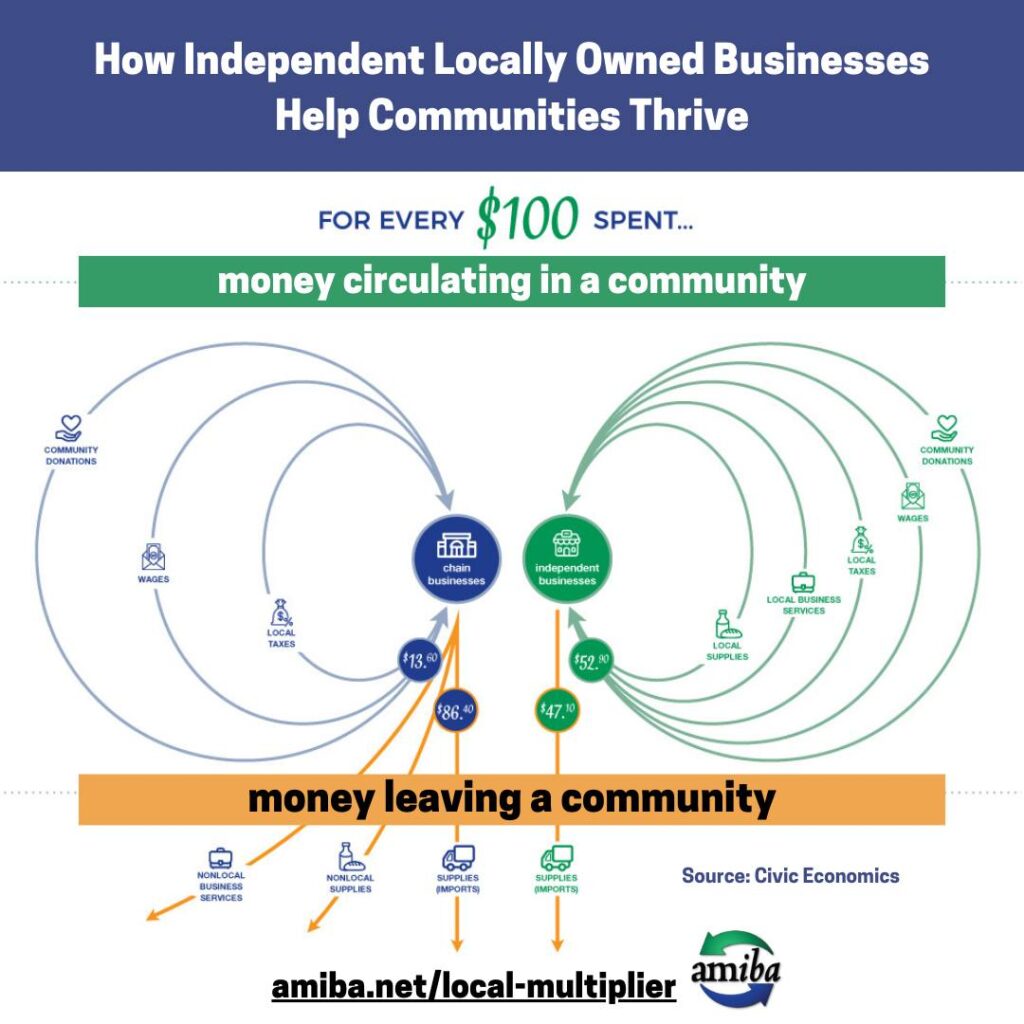Our love for local is often something we feel but can’t quite pinpoint. It’s that sense of welcome and liveliness that’s built into the very brick of a place. Entrepreneurship and local business have long been part of that story in Cambridge, Massachusetts, creating that sense of self for the city.
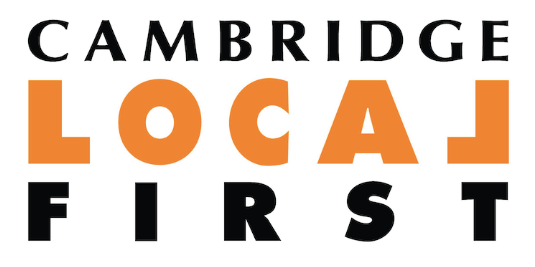 However, today’s economy presents major barriers for small business owners looking to thrive next door to Boston, one of the country’s oldest cities. Since 2005, Cambridge Local First (CLF) has helped combat this trend by providing residents and visitors with the answer to one central question, “Where can I shop local?”
However, today’s economy presents major barriers for small business owners looking to thrive next door to Boston, one of the country’s oldest cities. Since 2005, Cambridge Local First (CLF) has helped combat this trend by providing residents and visitors with the answer to one central question, “Where can I shop local?”
But after the arrival of COVID-19, CLF dug into a heck of a lot more, not backing down from the larger dialogue of why the economy we choose matters and why community values should be at the core.
CLF hosted weekly, televised interviews with area businesses and non-profits about the challenges they faced during the pandemic. They also built connections with in-demand service providers and scaled up a technical assistance program available to members.
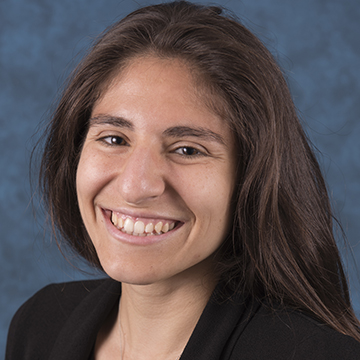 To handle this increase in scope, CLF and several partners launched a massive internship program called Resilient Local Economies. Executive Director, Theodora Skeadas, realized that since other organizations weren’t taking on interns due to the pandemic, there was an untapped pool of talented students at home wanting to build their experience.
To handle this increase in scope, CLF and several partners launched a massive internship program called Resilient Local Economies. Executive Director, Theodora Skeadas, realized that since other organizations weren’t taking on interns due to the pandemic, there was an untapped pool of talented students at home wanting to build their experience.
Through a rigorous recruitment and interviewing process, CLF secured an initial cohort, many of whom hailed from Cambridge and Boston. That was 2020 and since then, highly motivated interns have joined from around the globe, including from Australia, Egypt, Canada, and Japan.
The latest cohort of interns spent 10 weeks working on projects identified by Cambridge Local First, American Independent Business Alliance, and Sustainable Business Network of MA. Projects entailed updating and organizing membership directories, managing and enhancing web pages, collaborating with local newsrooms, conducting interviews with small business owners and independent business leaders, creating and amplifying content to support shop local campaigns, and bolstering policy advocacy efforts at the state and national level.
“We started doing more work collaboratively across intersectional spaces.”
-Theodora Skeadas, Executive Director, Cambridge Local First
CLF’s voice has grown tremendously, and the organization is engaged in pressing issues around race, gender equality, and climate crisis. In 2020, CLF generated the Cambridge Business Diversity Directory, connecting customers with local businesses owned by historically excluded proprietors.
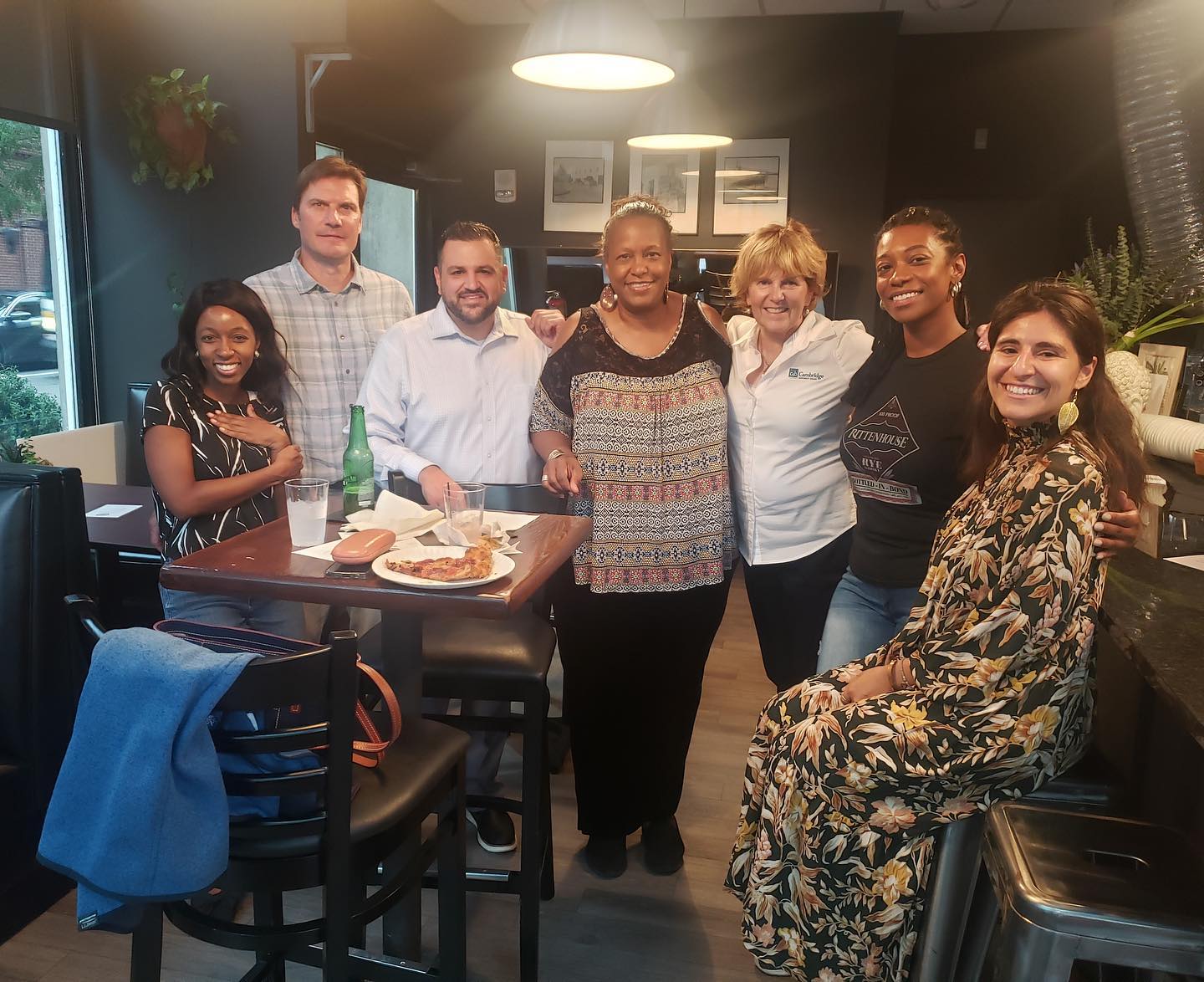
CLF also formed a network for black-owned businesses, who receive discounted membership and the availability of mentorship and financial education that open up access to lower-rate loans. This network has become an essential place for advocacy and information-sharing, giving CLF the opportunity to connect business owners with city leaders. Other initiatives include technical assistance for women business owners and the development of a business incubator for BIPOC entrepreneurs.
For CLF, it’s important not to step on toes or create overlapping services. Instead, thanks to their robust internship program, they’ve created a sophisticated bank of human resources and technical skills available to other sustainable business groups, non-profits, and organizations working to strengthen local economies.
One of the biggest challenges has been sustaining the energy behind all this growth without running headfirst into the burnout zone. But Skeadas has been intentional about taking substantial breaks to decompress and step away from the intensive work of coordinating the internship program.
“Another challenge has been some really difficult policy issues that divide our membership.”
-Theodora Skeadas, Executive Director, Cambridge Local First
She also needs to stay present and agile to help CLF’s membership navigate contentious local issues that have gained significant attention recently. One centered on the Cycling Safety Ordinance passed by the Cambridge City Council in 2019. The ordinance required the creation of separate bike lanes during street reconstruction. While there were pros, loss of multiple parking spaces was one of the big negative for small business owners. CLF has worked hard to collect and share information, as well as advocate for their membership’s needs throughout the process.
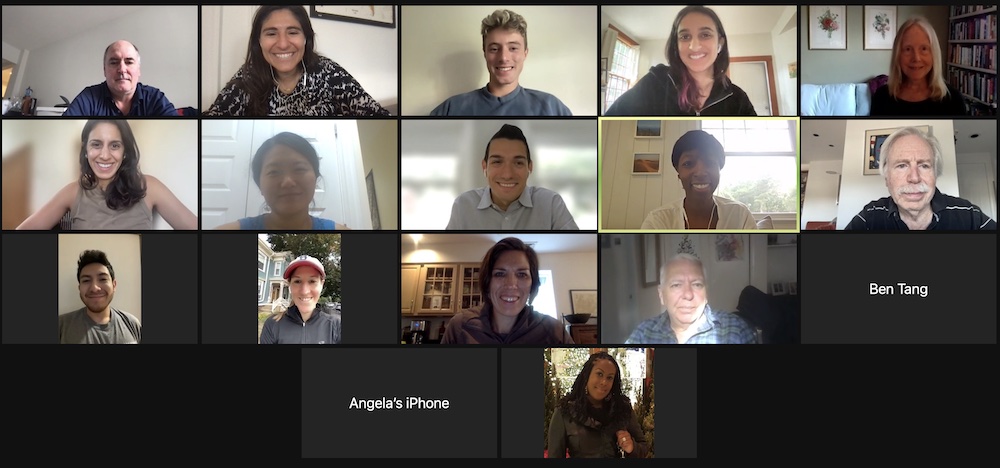
CLF Board of Directors
Independent businesses continue to grapple with clean energy demands tied to the city’s Net Zero Action Plan. Cambridge aims to achieve carbon neutrality in buildings by 2035, a mark recently moved up from 2050. While many local property owners support a progressive environmental plan, the financial reality has caused serious debate. Building connections, keeping everyone informed, and maintaining a community-wide dialogue all fit into the ongoing approach CLF is taking in response.
To do this work, the organization’s team has relied heavily on grants, as well as retroactive pandemic-relief funding. However, Skeadas would like to build the organization’s repertoire of partnerships so CLF can continue to thrive and develop with consistent financial footings supporting it.
The organization’s scope and resources may have changed substantially since 2020 and will likely continue to, but its mission remains the same—a thriving, equitable local economy for all.
Our “Hello! We Are AMIBA” series gathers stories, best practices, strengths, challenges, and equity initiatives from AMIBA Members and Partners. As an alliance, we are AMIBA! Learn more about the American Independent Business Alliance.
